The Vietnam War, one of the most significant conflicts of the 20th century, left a profound impact on global politics, societies, and countless individuals. The war, which spanned from 1955 to 1975, was rooted in ideological tensions, colonial history, and Cold War dynamics. Understanding the causes of this prolonged and devastating conflict requires a look at the geopolitical landscape of the time and the forces that shaped the region.
For history enthusiasts seeking an engaging way to unwind after diving into such intense topics, https://irwin.casino/ offers a unique escape. The platform’s blend of entertainment and gaming provides a perfect balance to explore contemporary and historical themes, creating moments of relaxation while still fueling curiosity about the world.
The Roots of the Vietnam War
The origins of the Vietnam War lie in the aftermath of World War II and the collapse of French colonial rule in Indochina. Vietnam, part of French Indochina, had been under French control since the 19th century. However, during World War II, Japan occupied the region, weakening French authority.
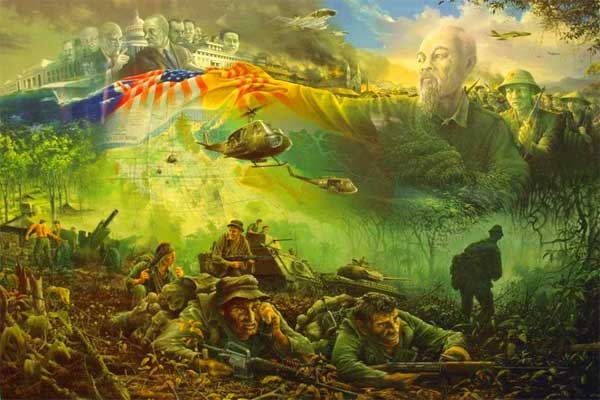
This allowed nationalist movements, such as the Viet Minh led by Ho Chi Minh, to gain traction.
- Colonial Struggles and Independence: After Japan’s defeat in 1945, Ho Chi Minh declared Vietnam’s independence, but France sought to reassert its control. This led to the First Indochina War (1946–1954), culminating in the defeat of French forces at the Battle of Dien Bien Phu. The Geneva Accords of 1954 temporarily divided Vietnam at the 17th parallel, with the communist North led by Ho Chi Minh and the anti-communist South backed by Western powers.
- Cold War Dynamics: The division of Vietnam was emblematic of the global Cold War struggle between communism and capitalism. The United States, fearing the “domino effect” of spreading communism in Southeast Asia, began supporting South Vietnam politically, militarily, and financially.
Escalation into Full-Scale War
- Political Instability in South Vietnam: The government of South Vietnam, led by Ngo Dinh Diem, faced significant opposition due to corruption, lack of reforms, and repression of political dissent. This internal unrest gave the communist Viet Cong in the South an opportunity to launch insurgencies, supported by North Vietnam.
- The Gulf of Tonkin Incident: In 1964, reports of attacks on U.S. naval vessels in the Gulf of Tonkin led to the Gulf of Tonkin Resolution, granting President Lyndon B. Johnson broad powers to deploy U.S. forces in Vietnam. This marked the beginning of direct American military involvement.
The war escalated into a full-scale conflict, with the United States deploying hundreds of thousands of troops and employing massive bombing campaigns. Meanwhile, the North Vietnamese forces, supported by the Soviet Union and China, relied on guerrilla tactics and local support to resist.
A Conflict with Lasting Impacts
The Vietnam War was not just a clash of armies but a collision of ideologies and visions for the future of a nation. Its roots in colonialism and Cold War politics illustrate how deeply historical events shape global conflicts. The war remains a topic of intense discussion, offering lessons about intervention, diplomacy, and the human cost of war.
By exploring such historical complexities, we gain a better understanding of the past and its influence on today’s world. Balancing this intellectual pursuit with moments of leisure — such as the entertainment found at Irwin Casino—can provide a well-rounded approach to engaging with history and contemporary culture alike.

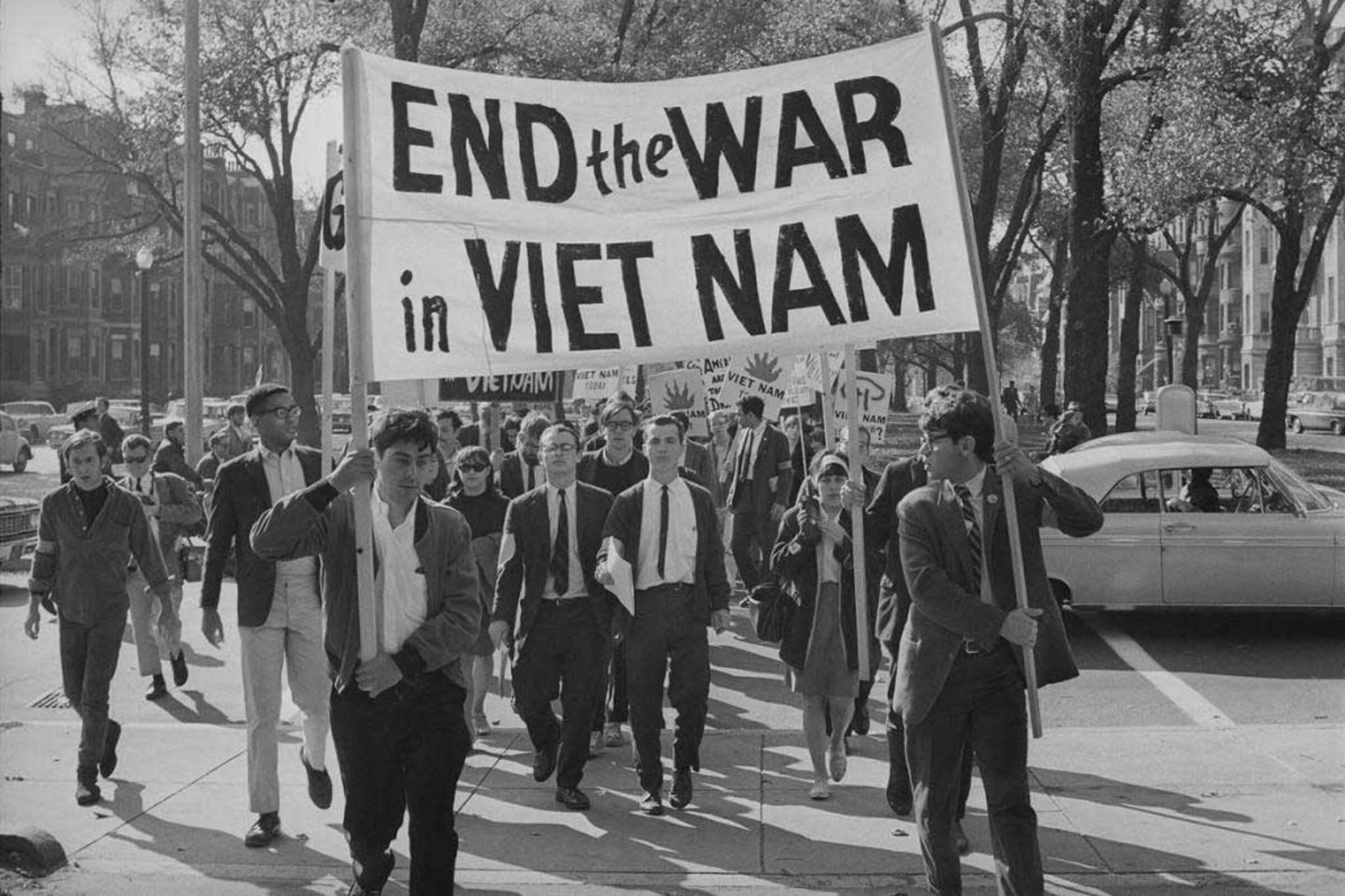
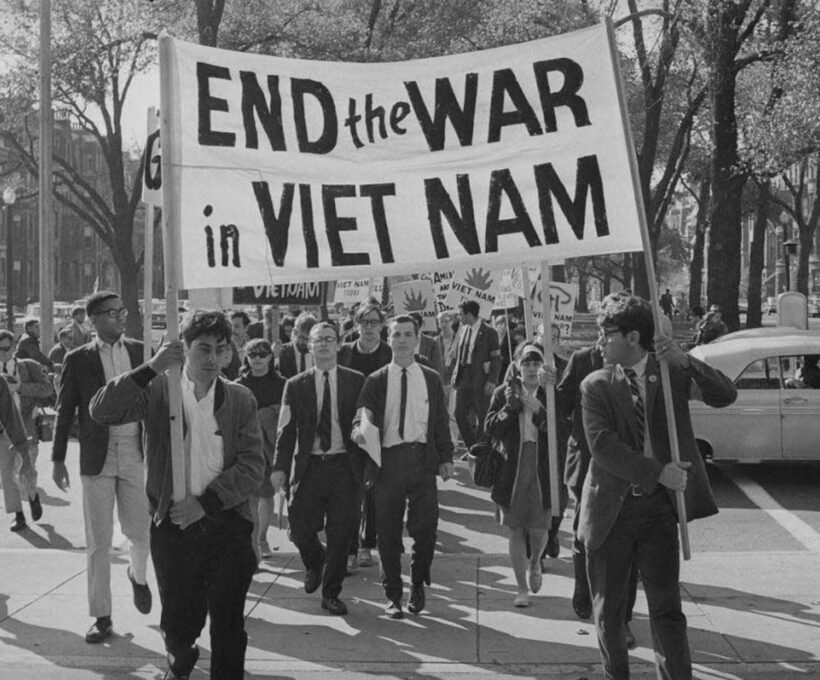
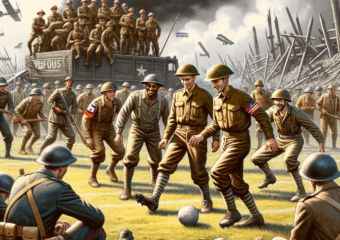
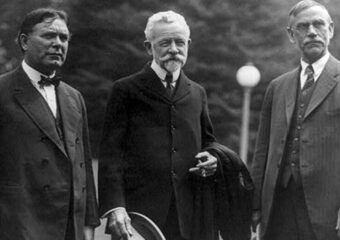

‘Domino effect’ is a scary idea! I can see why the U.S. got involved in Vietnam.
It’s interesting how the Cold War affected Vietnam. The North and South had different beliefs.
The Geneva Accords divided Vietnam, but it led to more problems later on.
“Learning about this war helps us understand today’s world better.”
The Vietnam War was very complicated. It started because of many reasons, like colonial history.
“The impact of the war is still felt today. It’s important to remember these events.”
Ho Chi Minh played an important role in Vietnam’s history. His actions changed everything.
I learned that the war lasted from 1955 to 1975. That’s a long time for a conflict!
I didn’t know about the Gulf of Tonkin Incident before. It seems like a big turning point.
“I appreciate how history links to our present, just like entertainment does at Irwin Casino.”